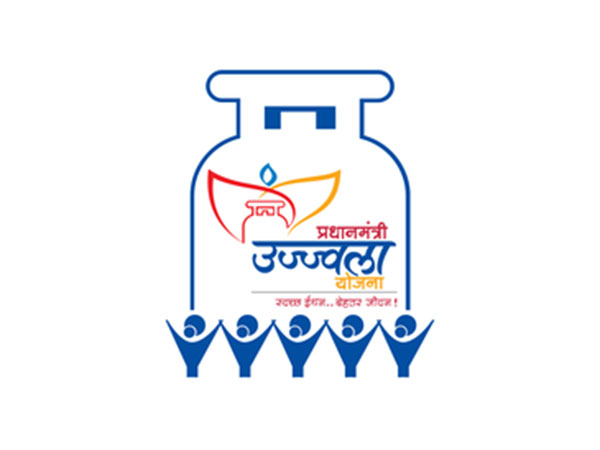Across the Andaman and Nicobar Islands, women are experiencing a remarkable shift in their daily lives thanks to the Pradhan Mantri Ujjwala Yojana (PMUY). The scheme, which provides free LPG connections to underprivileged households, has replaced traditional cooking methods involving firewood and kerosene, methods that often led to health hazards, inconsistent fuel access, and long hours in smoke-filled kitchens.
Prema, a resident of Calicut village in Port Blair, recalled the difference the scheme made in her life. “I received my Ujjwala connection in 2021. Before that, I cooked on a chulha, then later on a kerosene stove. Kerosene was hard to get, and during the rainy season, the wood would be wet and difficult to burn. It used to fill the house with smoke. Now, cooking is no longer a struggle.”
Devi, who got her connection in 2018, shared a similar experience. “We cooked on wood stoves before. There was constant smoke, and the children would often fall sick. After receiving the Ujjwala connection, things became much easier. Just a missed call gets you a delivery in two days. CCS and IOC have done an excellent job. I’m very grateful to the Modi government.”
She also recounted her early struggles after marriage. “We didn’t even have a stove when we moved into a rented house. My mother made a mud stove for me. It was extremely difficult, especially during rains. I used to pray for a way out, and Ujjwala was the answer.”
Kiran, from Trinket village, said the scheme changed how she managed her time. “Earlier, I had to go into the forest to gather firewood. It delayed everything, including packing tiffins for the kids. Now, food cooks quickly, and I can use that saved time for tailoring work.”
Sura Bibi from Calicut village learned about Ujjwala in 2018 when the scheme reached her panchayat. “Before that, we used kerosene, and then firewood. Cooking was tough—especially when guests came over. Now, we don’t have to spend time collecting firewood. That time is now spent with family. The house is cleaner, the children are healthier, and we no longer suffer from the effects of smoke.”
Shifa Naushad from Bambooflat, who received her connection in November 2023, also spoke of her past difficulties. “We had to rely on firewood, kerosene, and later, an induction stove—but power outages and high bills made it unreliable. Cooking was time-consuming, and the smoke caused chest pain and eye irritation. Things improved drastically after getting the Ujjwala connection. They gave us a stove, pipe, and a filled cylinder—for free—just a few days after applying.”
Behind these stories is the effort of IndianOil, which has played a key role in implementing the Ujjwala scheme across the islands. Despite the logistical challenges posed by the region’s geography, IndianOil—often delivering LPG cylinders by boat or specially equipped vehicles—has brought clean cooking fuel to more than 13,800 low-income households in the islands.
Women who once spent hours gathering firewood and cooking in harsh conditions now enjoy clean kitchens, better health, and more time for their families and livelihoods. The provision of a free stove, pipe, and filled cylinder at the time of connection, along with a responsive local distribution network supported by CCS and IndianOil, has restored dignity and improved quality of life for thousands.
Pushpanjali Rajeev, Chairperson of the Consumer Cooperative Society in the Andaman and Nicobar Islands, highlighted the progress made. “Our society was founded in 1962, at a time when the islands had just a few grocery shops. Today, we’ve expanded to 4,200 Ujjwala connections across the islands, out of a total of 58,000 active LPG connections. This reflects the growing reach and impact of the scheme.”
The Ujjwala Yojana continues to reshape lives across remote corners of the country, empowering women and promoting a healthier, more dignified way of living.















